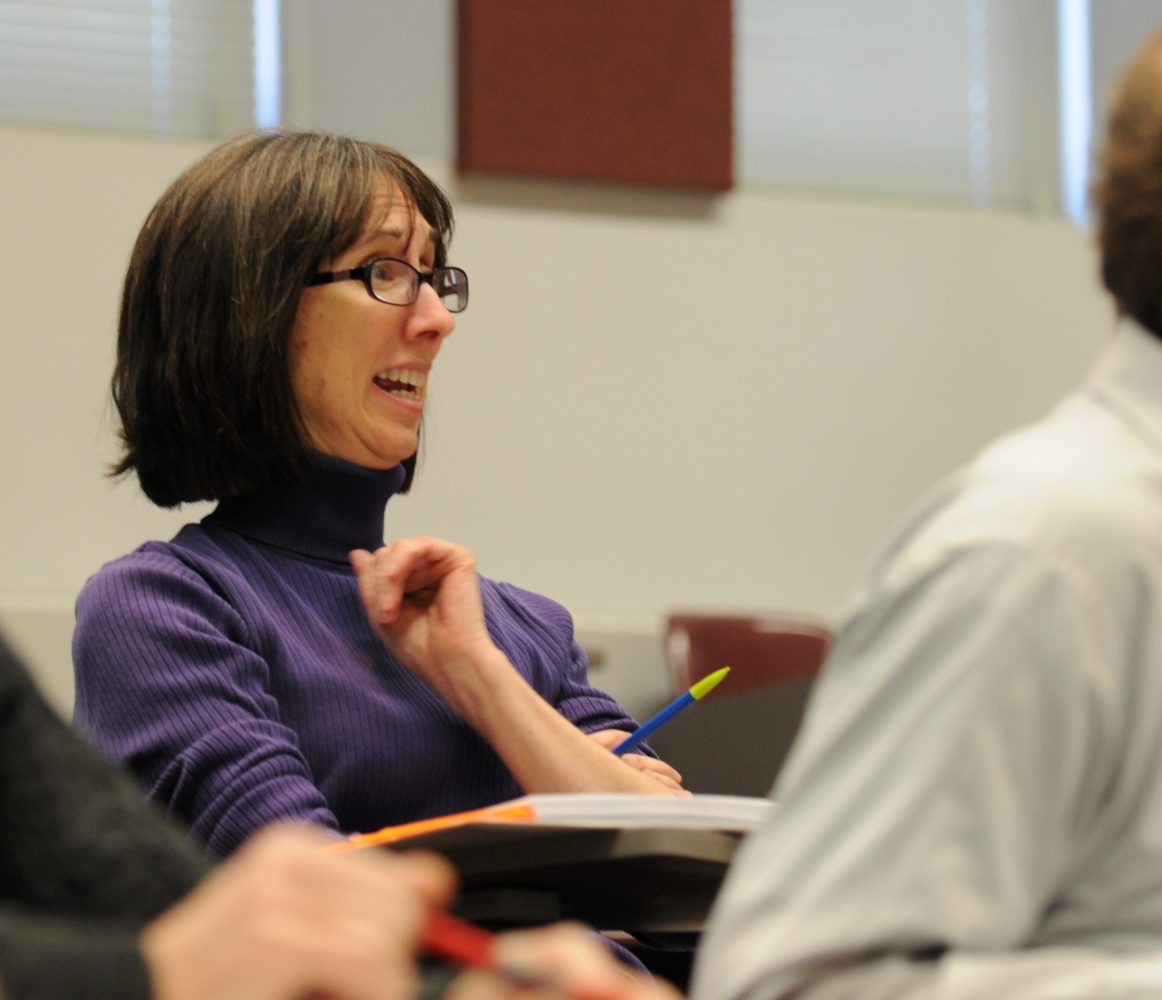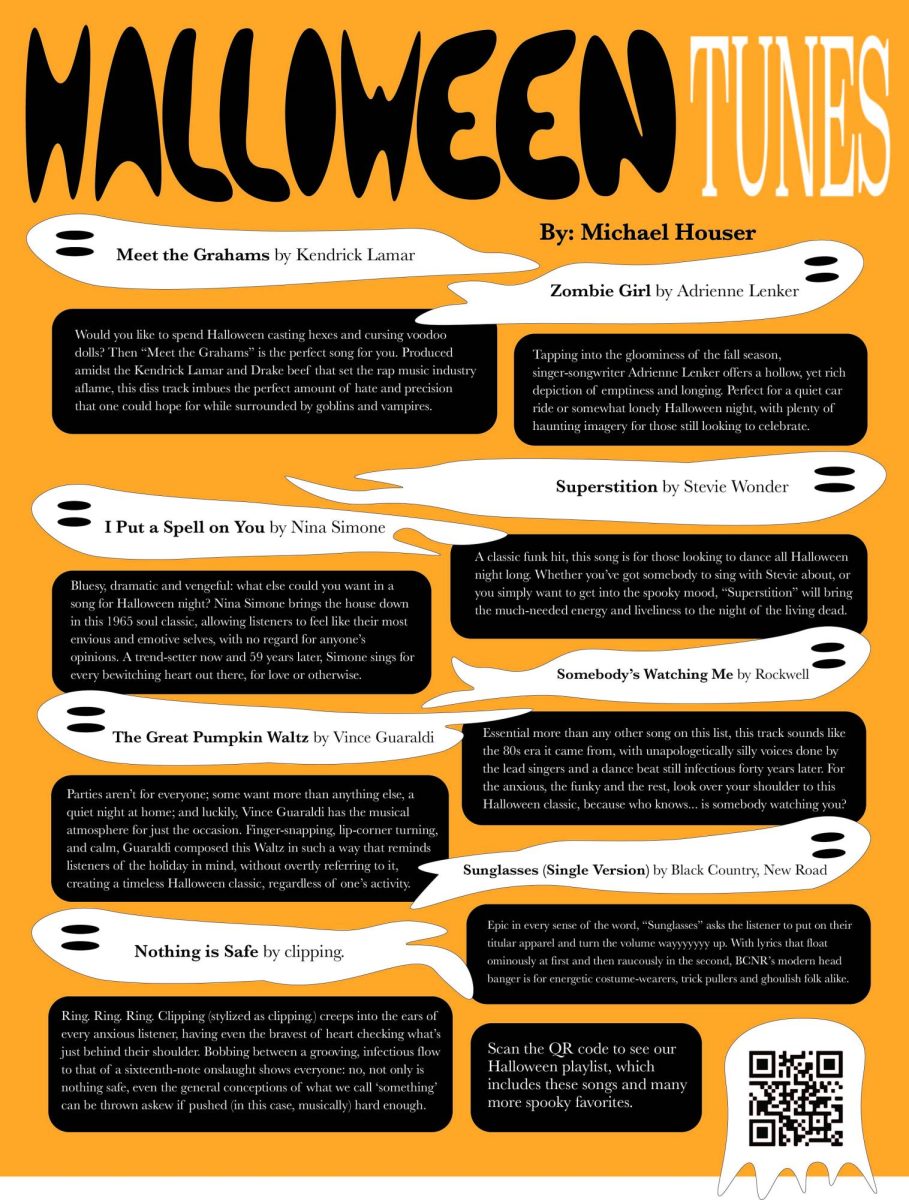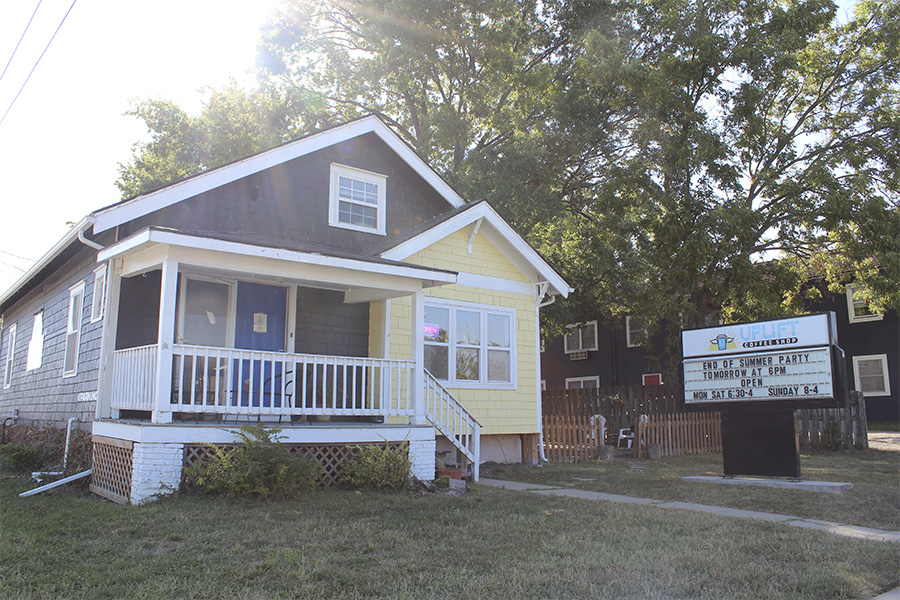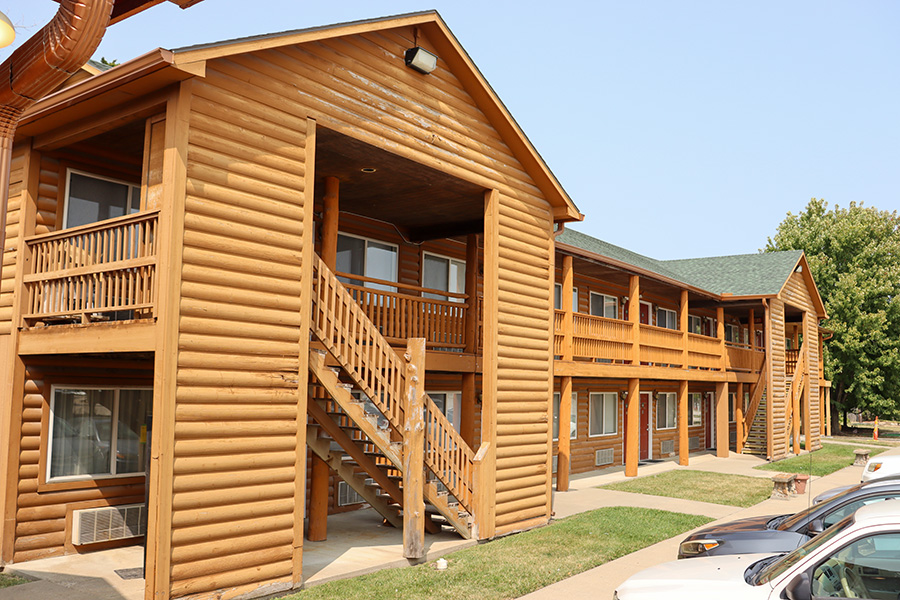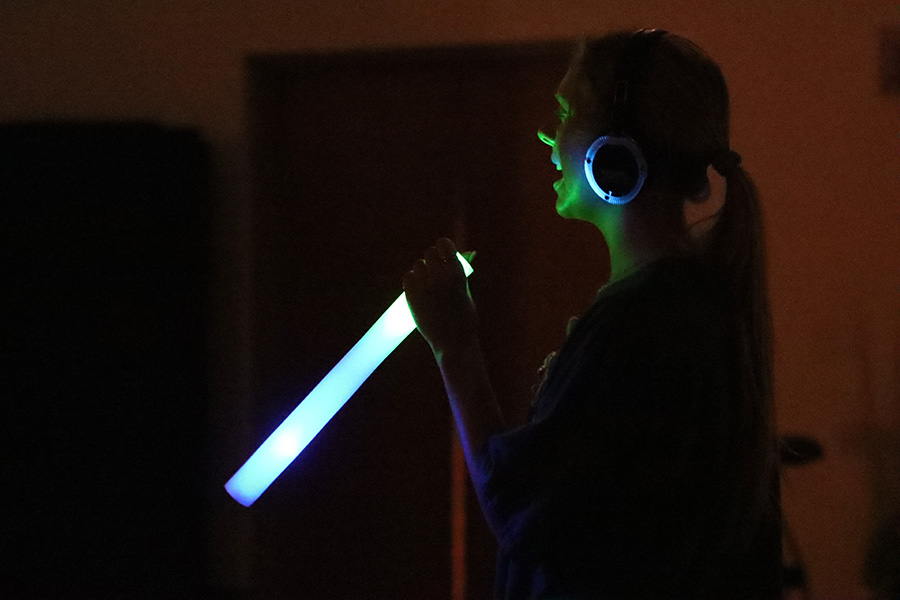After almost 40 minutes of discussion, members of the Baker University Faculty Senate postponed the plus/minus grading scale motion, which was originally proposed Feb. 8.
At the meeting, Athletic Director Teresa Yetmar spoke about how the change would affect student-athletes, who make up 42 percent of the Baldwin City campus, as of last year.
“I’ve had a lot of discussion with our coaches and our students about this,” Yetmar said. “… We can not scholarship a kid, we can’t bring a kid in if they are not a good student, preferably a very, very good student … I’m just worried that if we alter the plus/minus thing, then it means we can’t keep kids at scholarship levels and it means they won’t be able to stay and, or be able to play.”
Warren Swenson, Baker University student senate president, also presented information based on student input he had heard and based on information an ad hoc committee from student senate had found.
“We’ll look into it more, we’ll talk about it more, we would be happy to talk with faculty about it,” Swenson said. “I couldn’t be prouder of what (student senate) has done and the professionalism that I know we’ve treated this with.”
Ryan Beasley, associate professor of political science, said at the meeting the plus/minus grading scale has been implemented in a number of universities around the country without “catastrophe.”
“It seems as if we’re dealing with the threat of change,” Beasley said. “And, what we need to do, in my humble opinion, is to decide if we want to have a more accurate grading system, or if we want to worry about the presumed consequences of revenue and athletes … Yes, change is stressful, but in this case, I think it is improving our academics, and it’s improving our accuracy in which we assess students.”
While a number of senators mentioned the idea of the plus/minus scale has been around the university for quite some time, Professor of Religion George Wiley mentioned that the information was still fresh in the minds of students.
“We have been talking about this, but from the point of view from the students, this just happened,” Wiley said.
Members of the senate will look at this motion again at their April meeting, where they could vote on the motion, postpone it until the May meeting or suspend the motion indefinitely.


